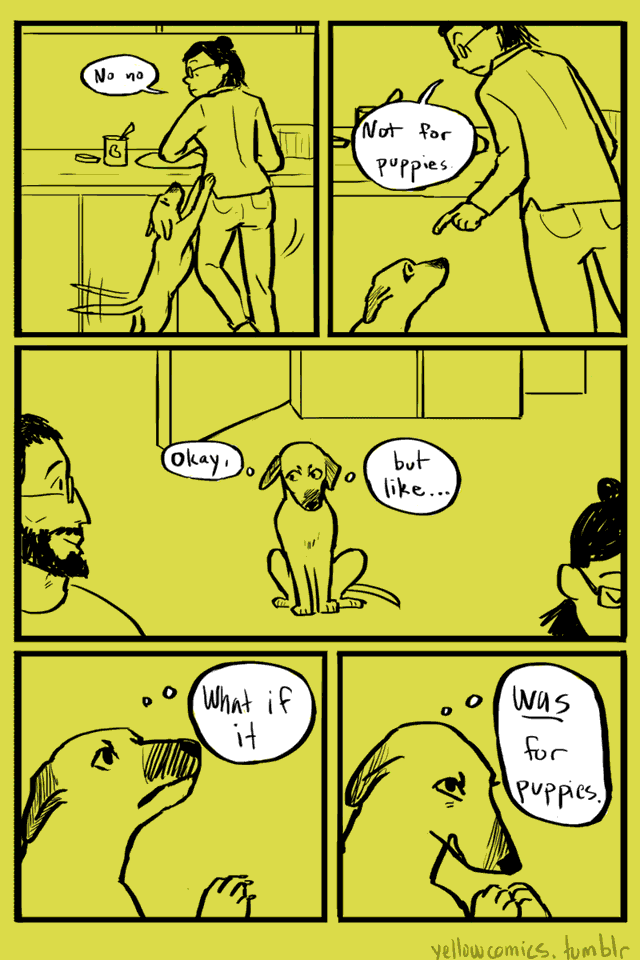Because Internet (2019)
This past weekend I finished reading Gretchen McCulloch’s entertaining 2019 book on “the new rules of language,” Because Internet. Top takeaways:
Emoji (emojis?) are gestures: they can reinforce a verbal message (the stereotypical-old-person’s “going🚗 to buy bread🍞 do you need anything??”) or even convey certain kinds of nonverbal message by themselves (“💕💕”, “🎉”, “🙏” — the latter literally representing a bodily gesture). You couldn’t write Hamlet in emoji any more than you could write Hamlet using only gestures. But, as McCulloch astutely points out (p. 192), Shakespeare’s actual Hamlet was always intended to be accompanied by gestures! (See “Booth on Cassio” (2019-01-05).)
The notion of “gesture” also explains why emoji can be repeated for emphasis, and combined in a relatively order-free way: “🎊🎆🥂” and “🥂🎊🎆” mean exactly the same thing, whereas reordered verbal phrases like “old green knife” and “green old knife” really don’t feel quite synonymous.
McCulloch observes that we needed text-messaging in order for video-calling to be adopted. The historical norm for telephone calls (even after the invention of Caller ID) was to pick up no matter what; what Hopper 1992 calls “caller hegemony.”
Consider the following scene: You and your best loved one are having the most difficult argument you can remember. S/he has just escalated the argument by calling you a terrible name. You ready a stinging retort, but just then the phone rings. Do you answer it? The overwhelming majority of the hundreds of individuals to whom I have posed that question indicate that they would answer the telephone even on such an extreme occasion.
Twenty-five years later, McCulloch reports, the overwelt was in the opposite direction. And why? Well, if it’s really important they’ll text. Or, god forbid, leave a voicemail.
With such a norm, how could video calling ever catch on? A video call needs to be planned, staged — you can hop out of the shower or roll over in bed to pick up the phone, but you can’t do the same with a video call. Stanley Kubrick was showing video payphones in 2001: A Space Odyssey (1968), but it took until the 2010s for Skype and Zoom to go mainstream. The missing ingredient was the low-bandwidth, low-stakes, high-latency medium over which to set up the high-stakes video call: “Hey, got time for a Zoom tonight?”
McCulloch spends some pages talking about the linguistics of Internet animals, from the 2000s’ lolcats to the 2020s’ doge and snek. This reminded me of a meme that’s been in mine and my wife’s household lexicon for a while, that I might as well share here. It all started with this 2014 Tumblr comic by Grace Culloton:

For years I’d read this comic as:
PERSON: *preparing a sandwich*
no no
Not for puppiesDOG:
Okay, but like…
what if
was for puppies
And so this became a phrasal template for us.
Suppose we’re driving home, where there’s food; we probably shouldn’t stop at McDonalds on the way; but like
what if
did stop at McDonalds?
Now, the thing I noticed only several years later — if you noticed it right away, this part will be much less interesting to you — is that the dog doesn’t actually say
what if
was for puppies
at all! He says
what if it
was for puppies,
with the pronoun. It’s just that by the time I first encountered this comic I’d totally internalized the stereotypical way that dogs talk on the Internet, and part of that stereotype is ever-so-slightly-askew grammar. (Turns out, on the Internet can tell you’re a dog.)
Another relevant observation by McCulloch (p. 110): “For people whose linguistic norms are oriented towards the offline world, the most neutral way of separating one utterance from the next is with a dash or a string of dots. […] For people whose linguistic norms are oriented to the internet, the most neutral way of indicating an utterance is with a new line or message break.” (Pp. 209–217 discuss how the “chat” paradigm graduated from IRC and AIM to its modern ubiquity. Your phone could present text messages with an “email inbox” paradigm; but it doesn’t; it presents texts as a stream of newline-separated utterances instead. Texts, timelines, blog comments: everything is chat now.)
So when I think of how that dog’s utterance should be punctuated — well, it’s just like in the comic, right? There’s no dot-dot-dot, no comma; just new speech bubble, new panel, new line. The little word “it”, at the end of the line, easily and naturally gets lost. Consider this alternative dialogue option:
what if
it was for puppies
Less chance of losing the “it” in that version, isn’t there? I wonder if the vertical structure of internet text encourages the placement of important words at line-beginnings, and thus encourages the erosion of small and unimportant words particularly when they immediately precede a stressed word (and thus would be placed at line-endings).
Anyway, I recommend Because Internet. Go read it!
